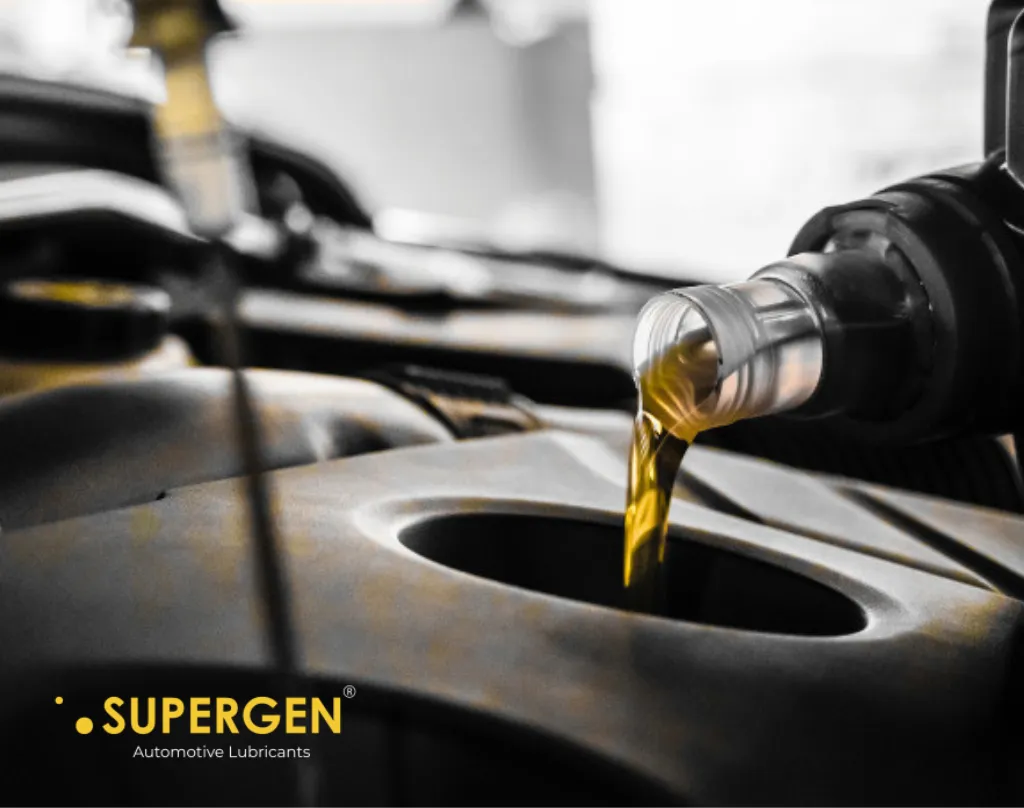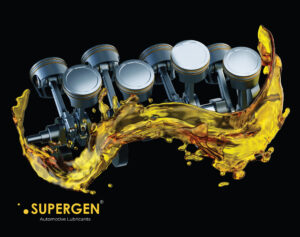Used engine oil, if not handled properly, poses a significant threat to the environment. Its potential to contaminate soil and water bodies is a cause for concern. The improper disposal of used engine oil can lead to severe environmental and health issues. However, we have the power to change this. By managing, reusing, and recycling used engine oil sustainably, we can significantly minimize its negative impact on the environment.
How Used Oil Hampers the Environment
When used engine oil seeps into the soil, it infiltrates water systems, endangering aquatic life and contaminating drinking water sources. Additionally, the burning of used engine oil emits harmful substances like sulfur dioxide and nitrogen dioxide, causing air pollution and respiratory diseases. The combustion of carbon and chlorine-rich fuel generates organochlorine compounds, which pose risks to both human well-being and environmental integrity.
When used engine oil gets into the soil, it changes how well the soil can hold water. This happens because the oil brings along harmful substances. Some important things in the soil, like pH, density, and carbon, go up. But other important things, like nitrogen, potassium, and phosphorus, go down. This makes it harder for plants to grow and for farming to happen in that soil.
Sustainable Management of Used Engine Oil
Managing used engine oil sustainably means using eco-friendly methods from start to finish. This includes using green storage containers, handling and moving the oil carefully, and having programs to recycle it. It’s also important to teach people and businesses the importance of disposing of used engine oil the right way and recycling it.
Sustainable Management Practices
Collection and Storage:
Establishing appropriate facilities for collecting and storing used engine oil is essential to prevent leaks, spills, and illegal dumping. Designated collection points, such as recycling centres or service stations, facilitate the safe disposal of used oil while minimizing environmental risks.
Transportation:
Safe transportation methods for used engine oil are crucial to minimize spillage and ensure regulatory compliance. Utilizing sealed containers and vehicles equipped with spill containment measures helps prevent environmental contamination during transit.
Treatment and Processing:
Various technologies, including centrifugation, filtration, and distillation, can be utilized to eliminate contaminants and impurities from used engine oil. These processes render the oil suitable for reuse or recycling. Advanced treatment methods like vacuum distillation and solvent extraction offer enhanced efficiency in purifying used oil.
Reuse of Used Engine Oil
The reuse of engine oil offers a sustainable solution to extend the lifespan of this valuable resource and reduce the demand for new oil. Through purification processes, used engine oil can be refined to remove contaminants and impurities, making it suitable for various applications.
Industrial Lubrication:
Purified used engine oil can be blended with additives to produce cost-effective industrial lubricants for machinery and equipment, conserving resources.
Asphalt Production:
Incorporating used engine oil into asphalt mixtures enhances pavement performance and durability, reducing the need for new asphalt and minimizing waste generation.
Fuel Oil Blending:
Refined used engine oil can be blended with diesel or heating oil for combustion in industrial boilers or furnaces, displacing the use of fossil fuels and lowering greenhouse gas emissions.
Recycling of Used Engine Oil
The recycling of used engine oil represents a significant opportunity to protect the environment and reap economic benefits by extracting maximum value from the resource, thereby conserving oil.
Re-Refining:
Re-refining is a sophisticated process that involves the removal of contaminants and impurities from used oil through a series of advanced techniques such as distillation, hydro-treating, and fractionation. These processes are designed to separate the various components of the used oil, allowing for the recovery of high-quality base oil that meets the standards required for lubricant manufacturing. By undergoing re-refining, used engine oil can be transformed into a valuable resource once again, reducing the need for virgin oil production and minimizing waste generation.
Solvent Extraction:
Solvent extraction methods offer an alternative approach to recycling used engine oil by selectively extracting valuable components from the oil mixture. Through the use of solvents, such as toluene or xylene, lubricating oils, waxes, and asphalt can be separated from the used oil, while contaminants are segregated for disposal or further treatment. This process allows for the recovery of valuable materials from used oil, maximizing resource utilization and minimizing environmental impact.
Vacuum Distillation:
Vacuum distillation is another key process in recycling used engine oil. It enables the separation of oil components based on their boiling points under reduced pressure conditions. By subjecting used oil to vacuum distillation, base oil fractions can be recovered with minimal degradation, ensuring the preservation of their quality and performance characteristics. Vacuum distillation offers an efficient method for recovering base oil fractions from used oil, which can then be used as feedstock for lubricant manufacturing or other petroleum products.
Benefits of Sustainable Management, Reuse, and Recycling
The adoption of sustainable practices in the management, reuse, and recycling of used engine oil brings about numerous environmental advantages.
Resource Conservation:
By reusing and recycling used oil, we effectively conserve precious resources like petroleum reserves and energy. This approach diminishes the necessity for fresh oil production, thus alleviating the strain on natural reserves and reducing the energy-intensive processes associated with oil extraction and refining.
Pollution Prevention:
Properly managing and recycling used oil serve as effective measures in preventing environmental pollution. By ensuring that used oil is appropriately handled and disposed of, we mitigate the risk of soil, water, and air contamination, thereby safeguarding ecosystems and public health from potential harm.
Greenhouse Gas Reduction:
Recycling used oil plays a significant role in reducing greenhouse gas emissions linked to oil extraction, refining, and disposal processes. By diverting used oil from landfills and incineration facilities, we minimize the release of harmful gases into the atmosphere, contributing to global efforts in combating climate change.
In essence, the implementation of sustainable practices in the management, reuse, and recycling of used engine oil not only conserves valuable resources and prevents pollution but also contributes to mitigating climate change by reducing greenhouse gas emissions. This multifaceted approach aligns with the principles of environmental stewardship and fosters a more sustainable relationship between human activities and the natural world.








